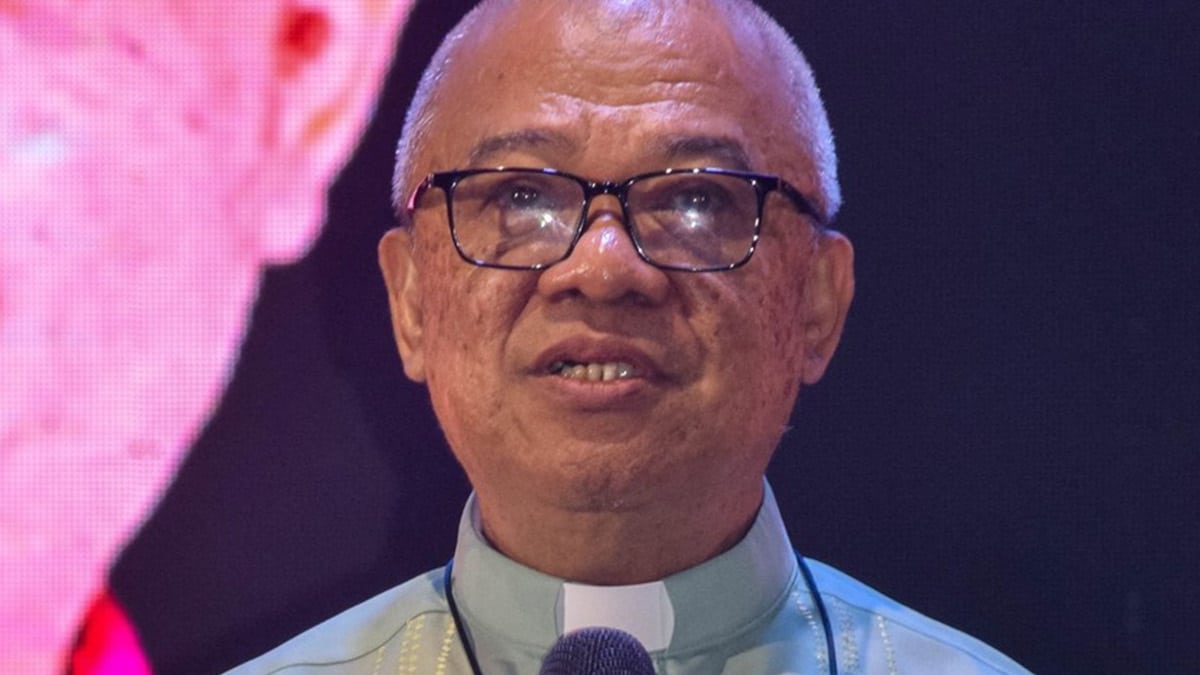BACOLOD CITY, NEGROS OCCIDENTAL, Philippines — San Carlos, Negros Occidental Bishop Gerardo Alminaza called on a private firm to stop its proposed expansion of a coal-fired power plant in Toledo City saying it would affect a protected seascape and nearby communities.
“Conserving the ecosystems that protect us has never been clearer as record-breaking storms continue to hit the country,” Alminaza said, stressing the coal plant of Therma Visayas Inc. (TVI) presents serious environmental consequences.
The prelate said the TVI plant would not only pollute water and air, but also threaten marine biodiversity and disrupt local fisheries that depend on the Tañon Strait, the largest marine protected area in the country.
READ: Climate change to cut deep among Asia, Pacific economies in coming years
The expansion planned by TVI, part of the Aboitiz conglomerate, “will destroy the Tañon Strait which supports millions of fisherfolk and communities,” he said in a statement on Saturday.
“In the age of renewable energy and climate science, there is no logic to be found in putting up new coal-only greed,” he added.
Alminaza, lead convener of WagGas (no to gas, end fossil fuels), lamented the continued expansion of fossil fuels, which directly contradicts one’s duty to protect the earth and its inhabitants.
At least 60 organizations of churchmen, academicians, fishermen and private individuals from Cebu and Negros said that the project violates the Department of Energy’s 2020 coal moratorium and the Extended National Integrated Protected Area System Act.
“We call on Aboitiz to cancel the TVI expansion, and we call on the local government officials to take a stand with the people and use their voices against this destructive project,” he said.
“Tañon Strait is one of the largest protected areas in the Philippines, a seascape that gives millions of lives and bounty. What use is the declaration of a protected area when permits are still given for destructive projects that will affect the important marine mammal area?” the prelate added.
But Aboitiz, in an earlier statement, said their expansion project would involve beneficial technology, a “circulating fluidized bed (CFB)” that would lessen emission of toxic chemicals.
CFB technology belongs to the group of clean coal technology, nearly eliminating the pollutants, but Alminaza was not convinced.
“We have seen people deprived of their dignity and lives, while Aboitiz dreams of more profit, planning a coal expansion despite the worsening climate,” he said.
“But we are not disheartened, for we will continue to resist coal and fossil fuel expansion at the homefront. There will be no business-as-usual for companies that continue to drive us toward climate chaos. There is an alternative: a just and urgent renewable energy transition,” he added.
